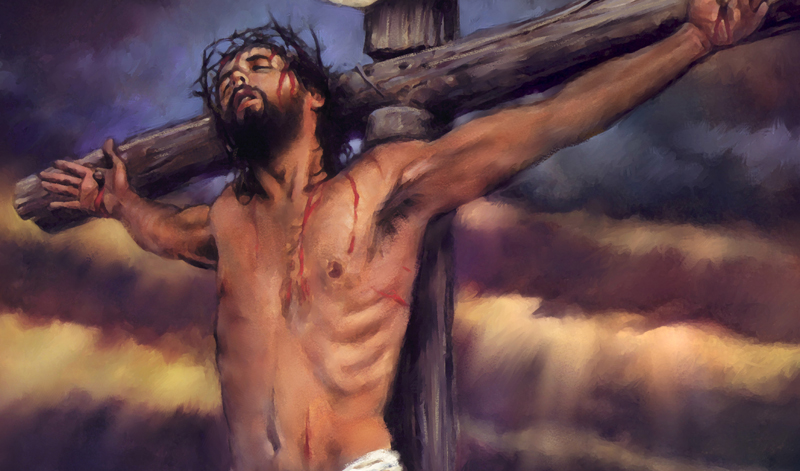Quote- "And now I also see what part of me is Chinese. It is so obvious. It is my family. It is in our blood." (288)
In the final chapter, Jing-Mei meets her half-sisters for the first time. Throughout the story, Jing-Mei has struggled with her Chinese identity. When she meets her sisters and realizes that all three of them look like her mother, she realizes that her family was her Chinese identity. This quote is a powerful ending to this novel because the entire novel focuses on the differences between 4 Chinese women and their American-born daughters. At the end of the novel, Jing-Mei finds the connection to her Chinese roots through her half-sisters. Jing-Mei's revelation is effective in interconnecting all of the narrations in the novel. She finds the glue that unites all of the mothers and their daughter together in their identity. This story reminds me of the Bible story of Moses and his identity. Moses was born a Hebrew but raised by an Egyptian Pharaoh. Moses believes to be an Egyptian until he discovers his true identity as a Hebrew. After his revelation, he embraces his culture and identity and leaves behind his old way of life. Similar to Jing-Mei, Moses realizes what his true identity is and embraces this new life for the better.
 |
| Moses being found by Egyptian princess in the Nile |


